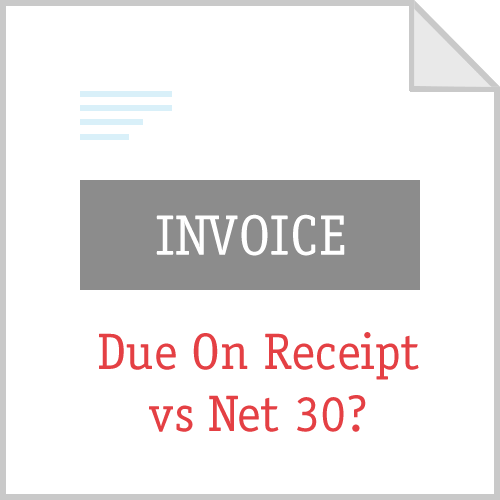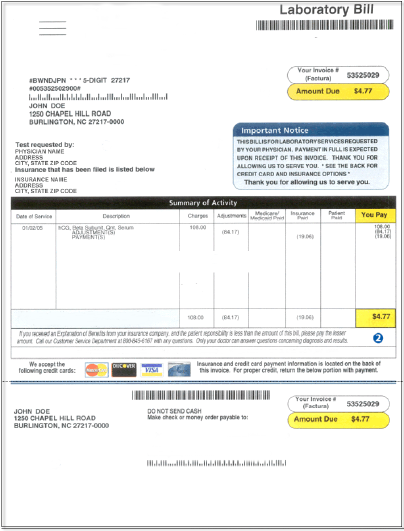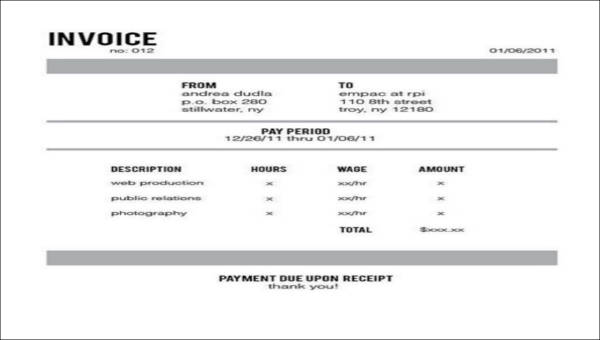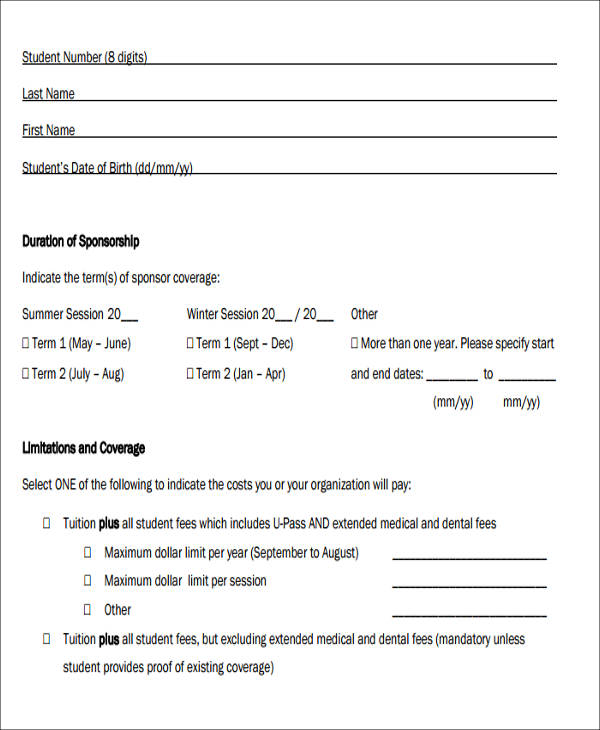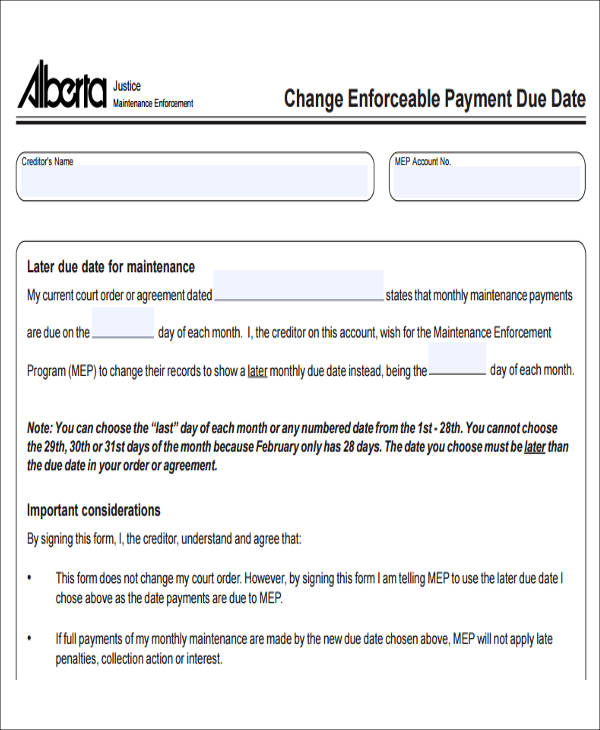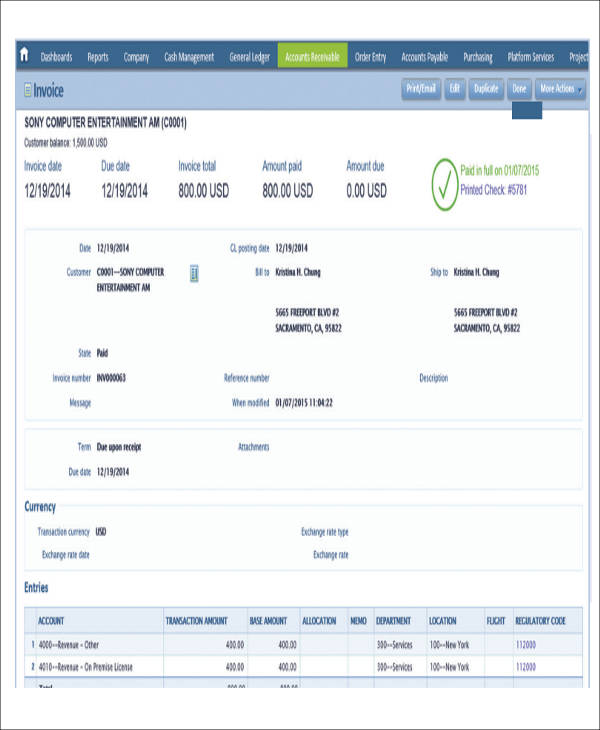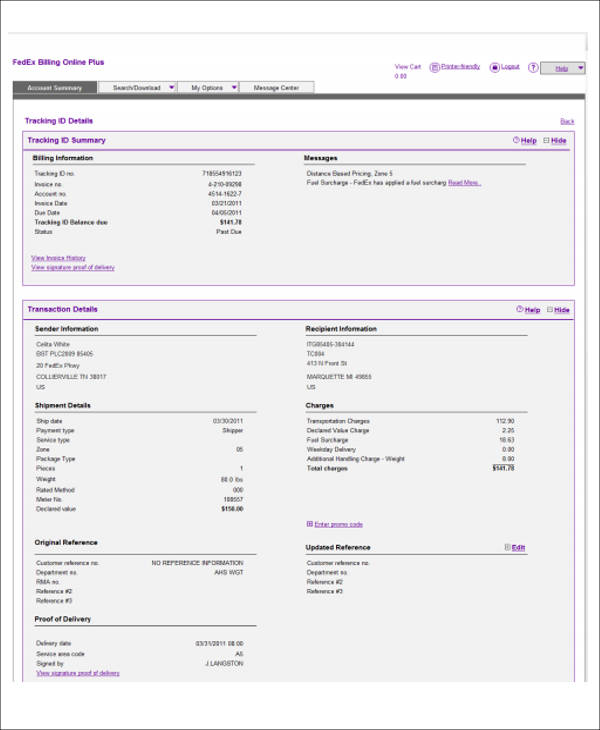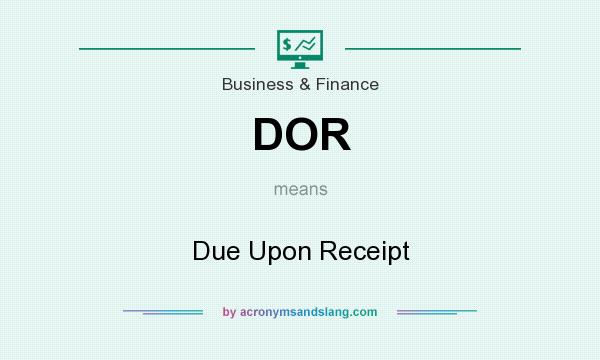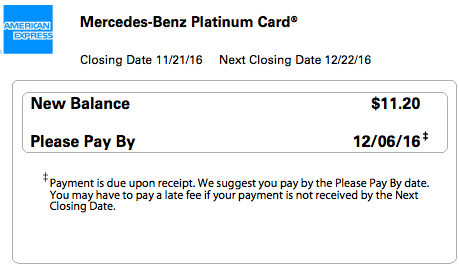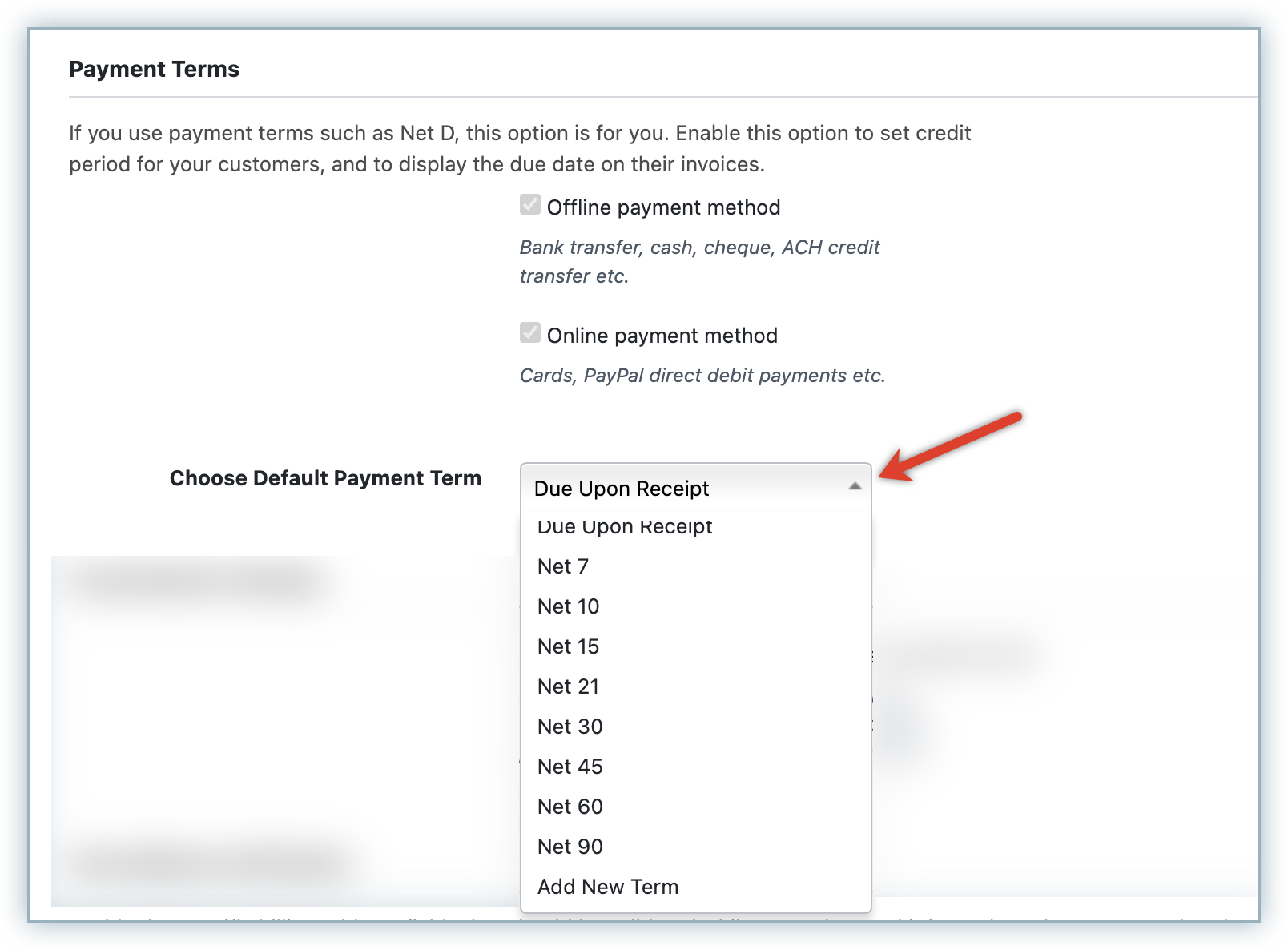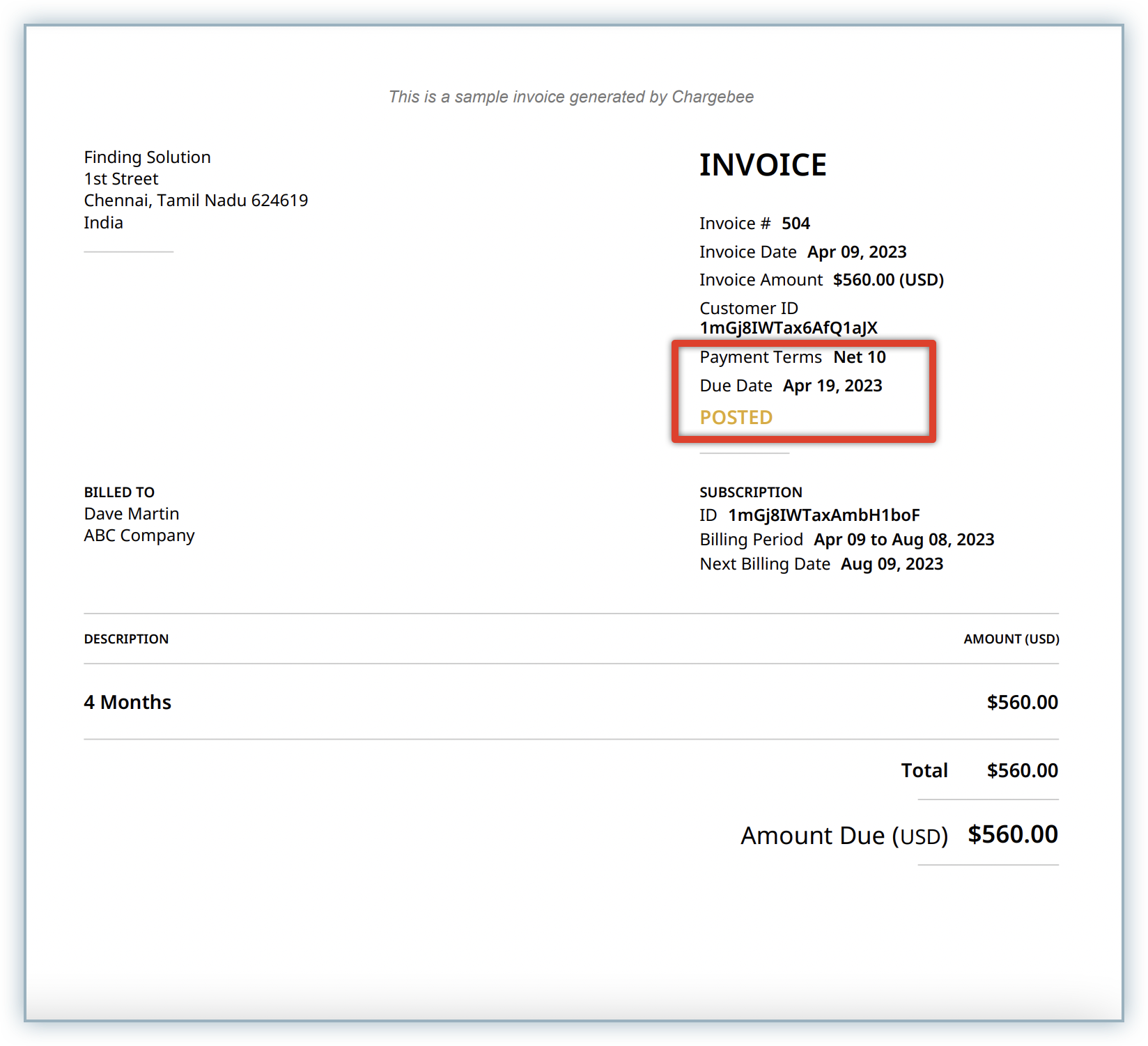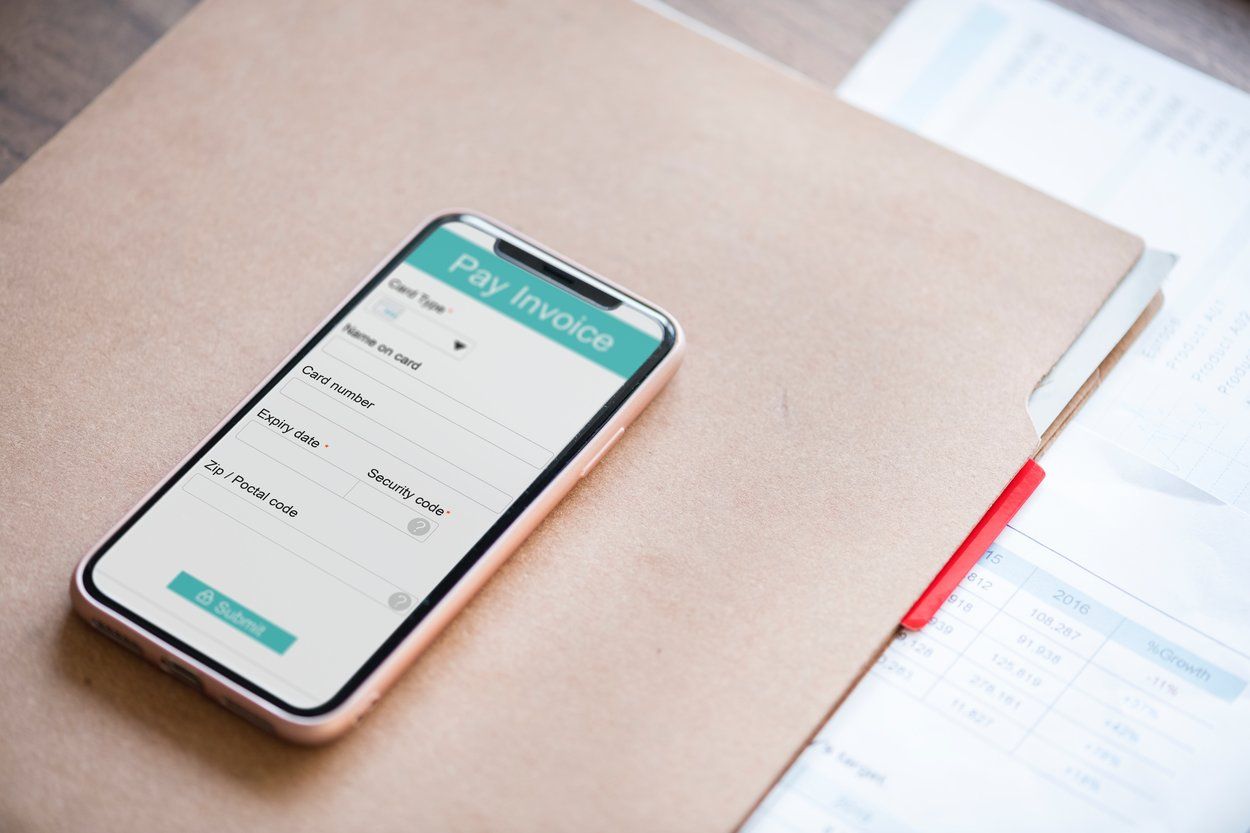Due Upon Receipt Meaning
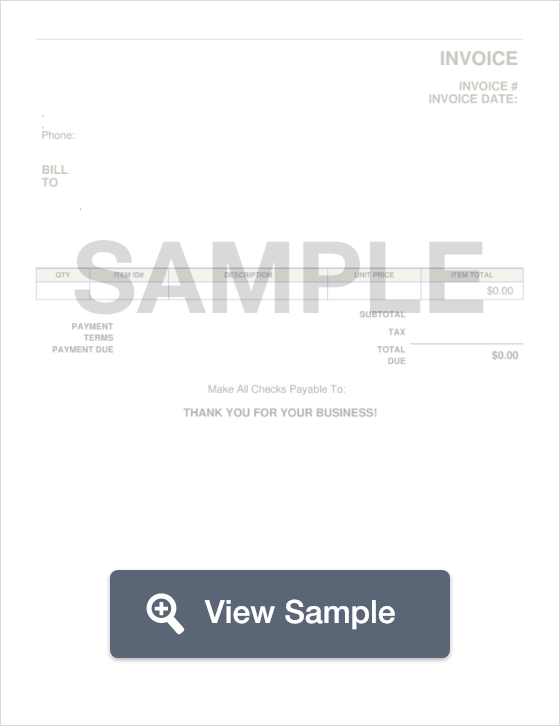
We make payments on all our bills within a few days and are not getting past due but am wondering what this actually means.
Due upon receipt meaning. Invoices that are due upon receipt are exactly as they sound. Advantages of using the term due upon receipt. While due upon receipt invoices carry the instant gratification of getting your money to you within a short period of time its not always something that clients can agree to. Its a payment term meaning.
Taxes and duties called the value added tax or vat charged on international sales are often due upon receipt of the item. Payment due 30 days from the end of the month in which the. Here youre being very forward and basically demanding that they get the payment ready as quickly as possible. Its actually a straightforward term to understand when you deconstruct what it means.
It means you are expected to pay any remaining charges upon receiving the merchandise. Its a payment term meaning. Youre expecting to be paid as soon as possible after your client receives the invoice. Due on receipt essentially refers to the payment being due as soon as the client receives the invoice.
The obvious benefit of using due on the receipt is the assurance of getting paid fast for the work done. Payment due 30 days from the end of the month in which the invoice is raised. Vendors often use this as the start of collecting interest if they have to go after you for collection of. Net d invoices usually mean a longer wait to be paid for your work but can also offer more stability in payment dates.

